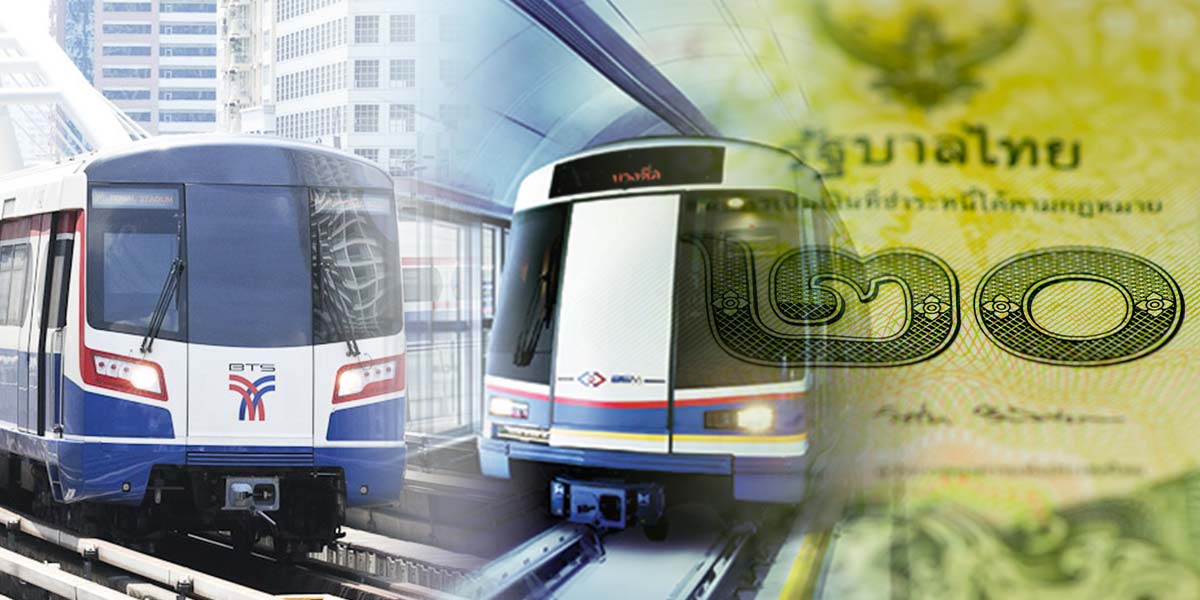The Thai Cabinet has approved a landmark measure to cap fares for all Bangkok mass transit rail lines at a maximum of 20 baht per journey, following a proposal from the Ministry of Transport. This initiative, endorsed under the government’s policy to alleviate the cost-of-living burden, is set to come into effect on October 1, 2025.
Scope and Implementation
The new fare cap will cover 13 mass transit rail routes within Bangkok and the metropolitan area, spanning a total distance of 279.84 kilometers and encompassing 194 stations. To be eligible for the 20-baht flat-rate fare, passengers must register for the benefit via the “Tang Rat” (ทางรัฐ) application, with registration opening in August 2025.
Due to differing concession contracts and operational agreements among current rail service operators—each with varying business terms—public registration is mandatory in accordance with the conditions stipulated on the “Tang Rat” application.
Registration and Payment Methods
Eligibility will be limited to Thai nationals, verified through their 13-digit Citizen Identification Number. Passengers can use EMV Contactless cards—such as Visa or Mastercard credit/debit cards—or pre-registered RFID transit cards like the Rabbit Card.
Full system activation is scheduled for October 1, 2025, and a mobile QR code scanning function is expected to launch in the future to further improve customer convenience.
Accepted Flat-Fare Line
- Rabbit Card: Valid for Green Line, Gold Line, Yellow Line, and Pink Line.
- EMV Contactless (Visa/Mastercard): Valid for Red Line, Blue Line, Purple Line, Pink Line, Yellow Line, and Airport Rail Link (ARL). Does not cover Gold and Green Lines at this stage.
Revenue Compensation and Expected Outcomes
To offset any loss in fare revenue, the government will utilize funds from the Joint Ticketing System Promotion Fund or other appropriate financial sources. The scheme’s benefits will be assessed over a one-year period, focusing on three dimensions:
- Economic: Reducing travel costs for private vehicle users.
- Social: Decreasing road accident casualties and enhancing quality of life.
- Environmental: Lowering greenhouse gas emissions and air pollution.
The government anticipates total budget savings of over 10 billion baht.





